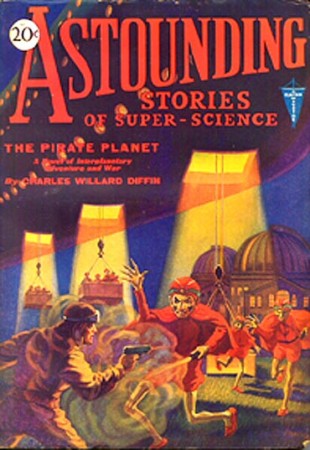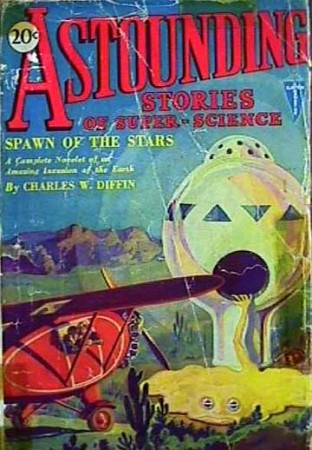
Plutonian Striptease is a series of interviews with experts, owners, users, fans and haters of social media, to map the different views on this topic, outside the existing discussions surrounding privacy.
Mez Breeze creates code poetry and is a Futurist. She explores environments that involve online socializations or encounters. Such encounters involves the modification of online gaming environments such as World of Warcraft, EVE Online, and Second Life. Some other online encounters involve social networking and alternate gaming software such as Facebook, Passively Multimedia Online Game (PMOG), and Twitter. The texts or jargon produced during these encounters are what drove Mez to create her type of net poetry. She has won several awards including the “JavaArtist of the Year 2001”, the Newcastle Digital Poetry Prize and an Honorary Mention in the read_me 1.2 Software Art Award.
Social networks are often in the news, why do you think this is?
straight away i find myself side-tilt>head-turn-questioning the phrase “in the news”: r u reffing the old skool>1-way monothreaded>tradition “broadcast” sense of “news”? if yes, then soc[ial]_net[work]s r often reffed>dissected there via a combination of novelty factoids [including the obligatory derogatory slant on any comm platform that threatens the longevity of the older>”traditional” news dissemination strains] + intrigue as 2 how they will impact the future of communication patterns generally. + let’s not 4get the [jump on the trundling-in2-the-relevancy-distance]bandwagon factor. (more…)
